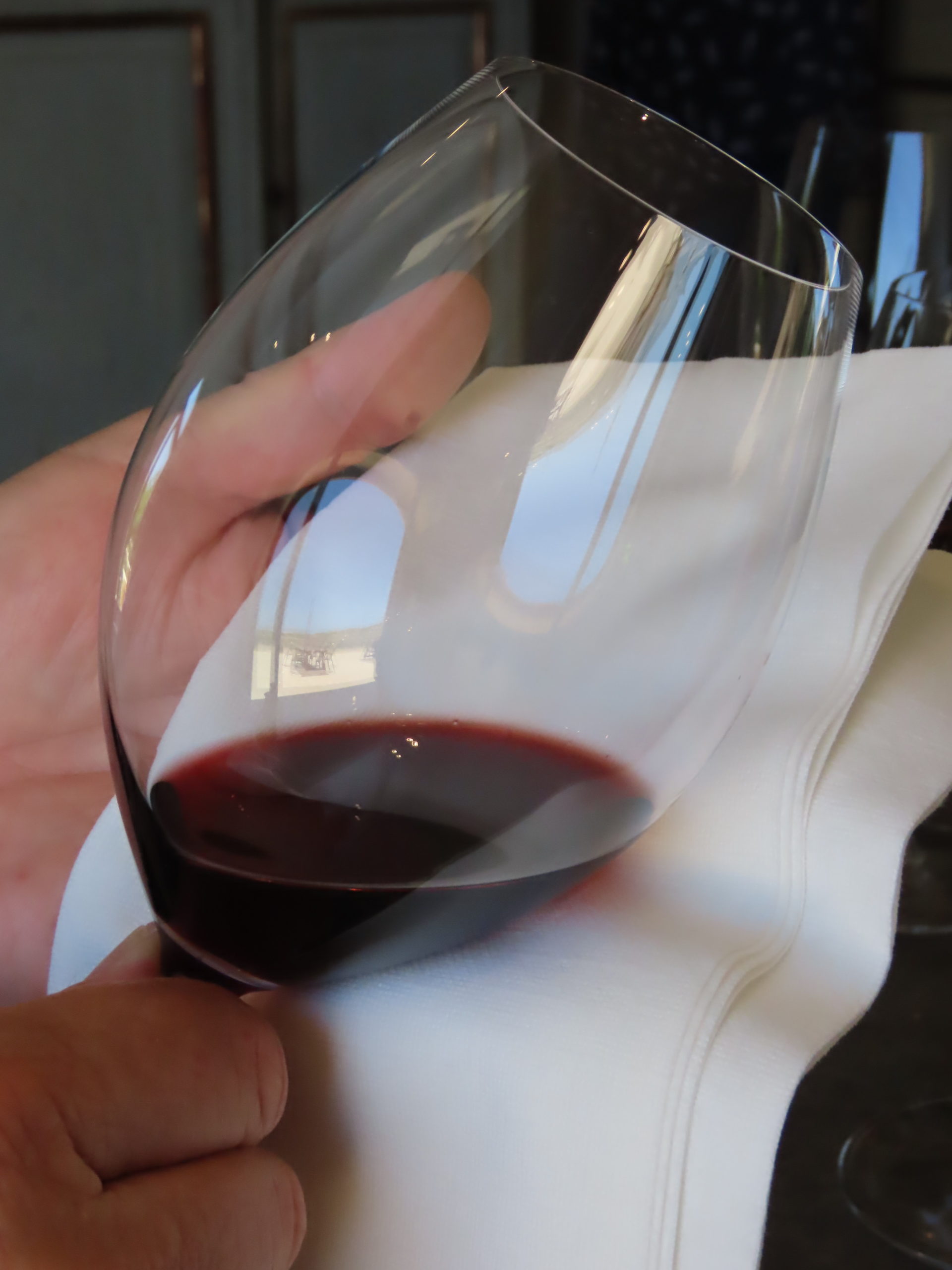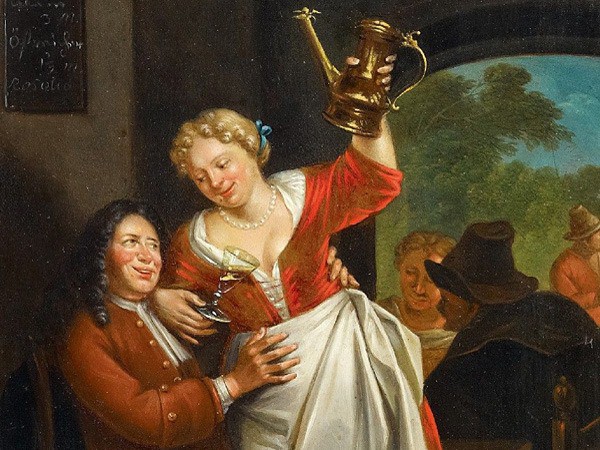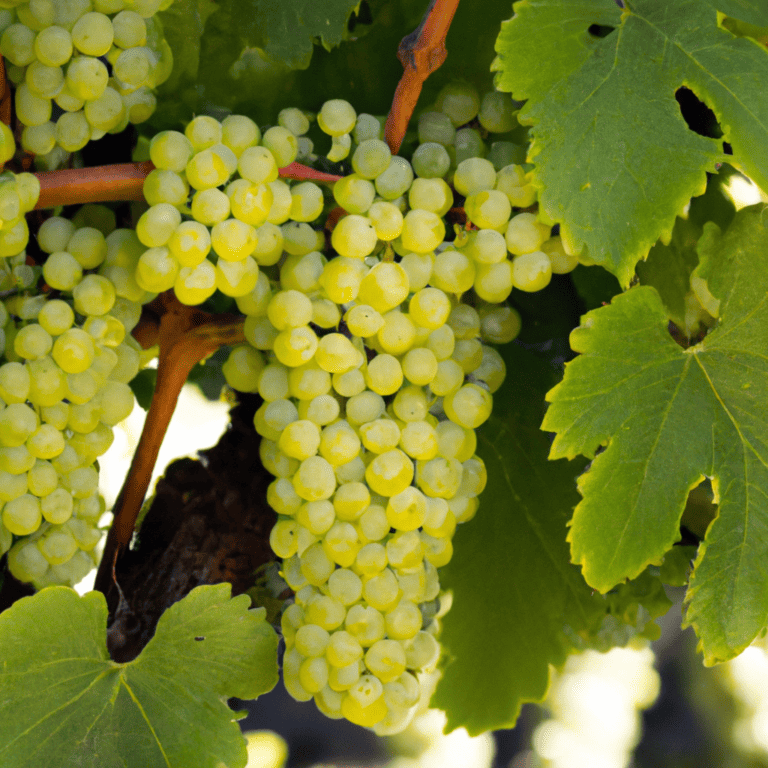Why Does Wine Give You a Headache?
Sipping wine is a wonderful thing but we’ve all been there before; we’re at the end of a long evening, having consumed a lot of wine, and an intense headache begins to form. “Why me? Why now? Why?!” Why does wine give you a headache?
Are sulfites to blame?
The short answer is no, sulfites are not to blame and might be completely innocent! Those compounds have been used in wine production since antiquity to prevent spoilage and to keep reds bright and whites from browning. They’re also a natural by-product of fermentation, so a truly sulfite-free wine is actually an impossibility. But scientists have found no link between sulfites in wine and headaches. A small percentage of people may suffer from a sulfite allergy and for them, the typical response is not a headache but hives and difficulty breathing.
So, if sulfites aren’t to blame, what is?
Tannins
Tannins are naturally occurring compounds that exist inside grape skins, seeds, and stems. You experience the effect of tannins any time you drink a wine that creates a drying sensation in your mouth, and for the majority of us, tannins create no headache at all. In fact, tannins are a great antioxidant source. But, if you seem to get headaches from wine more often when you drink red wine, such as Cabernet Sauvignon or Malbec, you can do a quick test to see if tannins are the source of your headache trouble. Brew a cup of black tea and let the tea steep for five or ten minutes longer than the package suggests. Black tea is strong in tannins and over-steeping the tea will ensure they are all released into the water. Drink the tea and see if you get a headache. If so, you are susceptible to tannins, and avoiding red wines will solve your headache issue.
Lisbon Food ToursSugar
Alcohol and sugar are two substances that when combined can create a powerful headache. When your body consumes alcohol or sugar, you need lots of water to help process the substances. If you are not well hydrated, your body starts to pull the necessary water it needs from other parts of your body, including your head. As the liquid in your head starts to deplete, a headache forms. To prevent this problem, avoid sweet dessert wines and white wines such as Riesling that are labeled semi-dry or sweet (if you enjoy Riesling but don’t want the sugar headache, make sure the wine is labeled as dry). Also to be avoided are cheaper wines, which tend to have more sugar because mass producers add sugar during fermentation to boost the alcohol.
Histamines
Histamines are chemicals that are released when we have an allergic reaction and can cause symptoms such as a runny nose, dry eyes and a headache. Recent research has found that food and drinks that have been aged, such as dry aged meats and red wines, can cause our body to release histamines and create these allergy-type symptoms. To prevent a histamine headache, simply take a histamine blocker such as Claritin prior to having a glass of red wine.
In conclusion for most of us, the cause of a wine headache is simply drinking too much wine and not enough water.
https://www.viator.com/partner-shop/wine-travel-and-chat/Burgundy-Wine-Tasting?medium=link&medium_version=shopIs there a mythical wine headache cure?
It’s simple: the cure for a wine headache is to stop a headache before it even starts. In other words, don’t overdo it…ever!
Top tips to prevent a wine-induced headache
- Drink water before, or as, you drink wine. Wine can dehydrate you, which can itself lead to headaches.
- Consider taking an antihistamine before drinking wine
- Drink two cups of strong coffee before you drink wine. Caffeine constricts blood vessels, mitigating wine’s vascular effects.
- Drink red wine with lower tannins.







